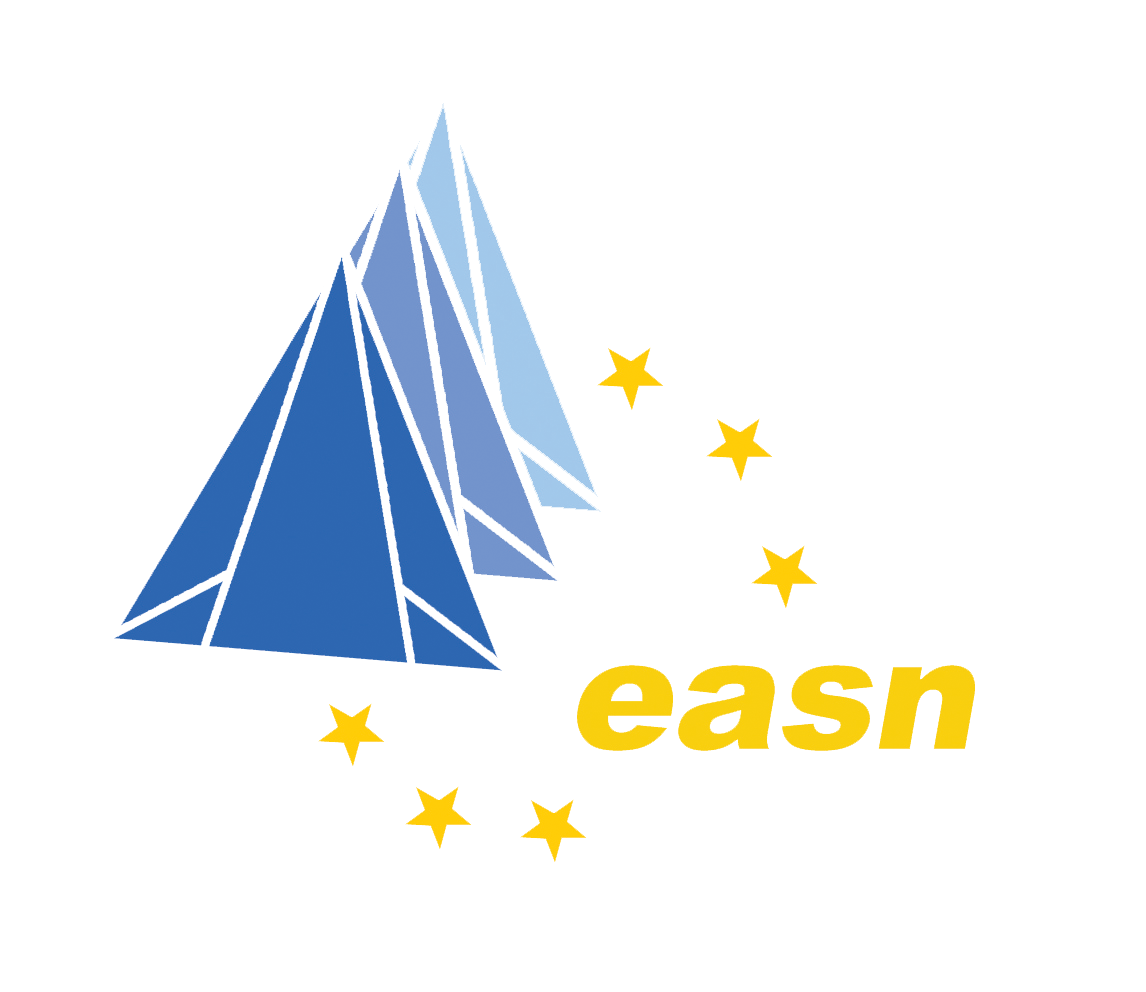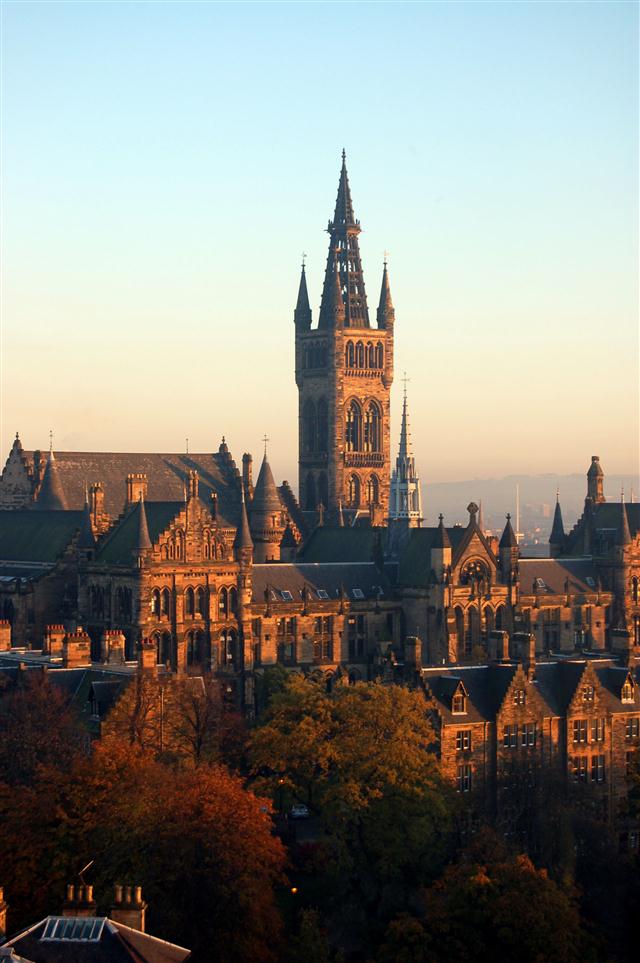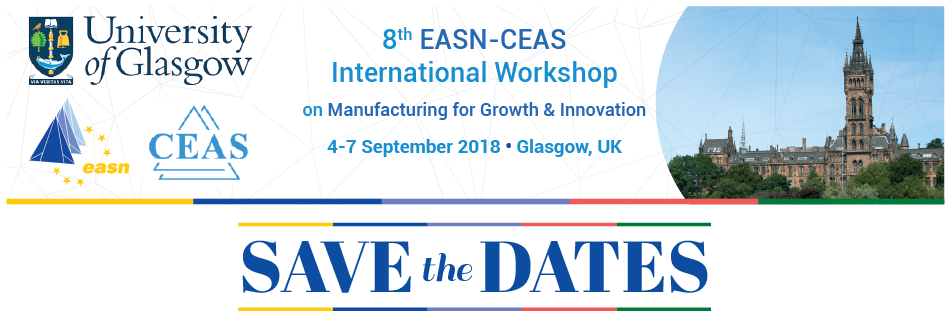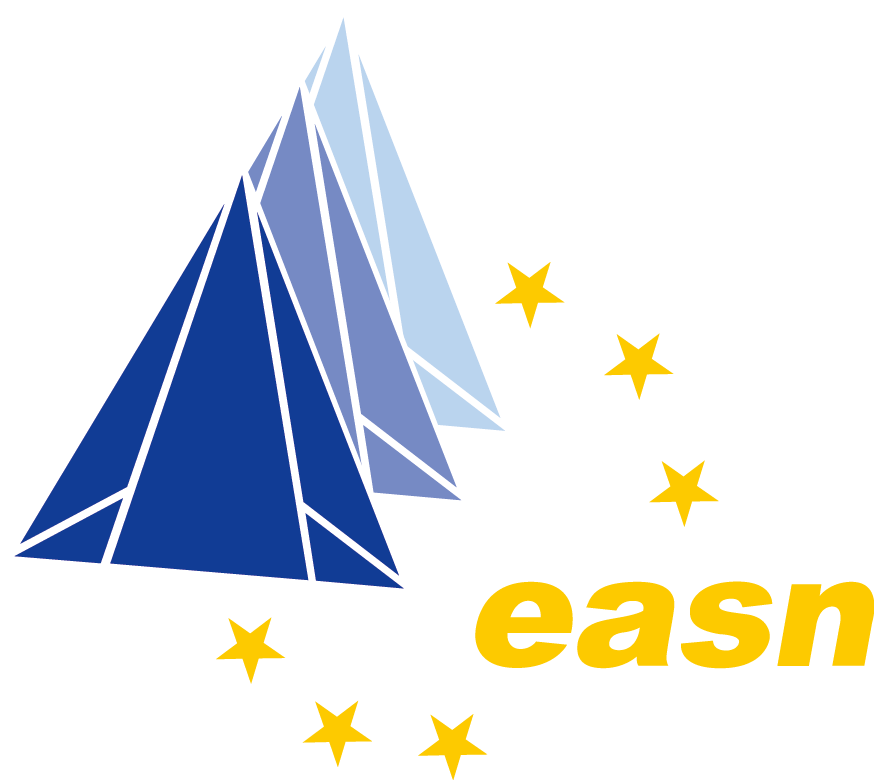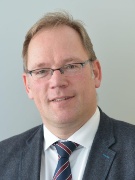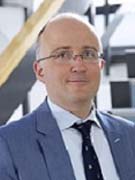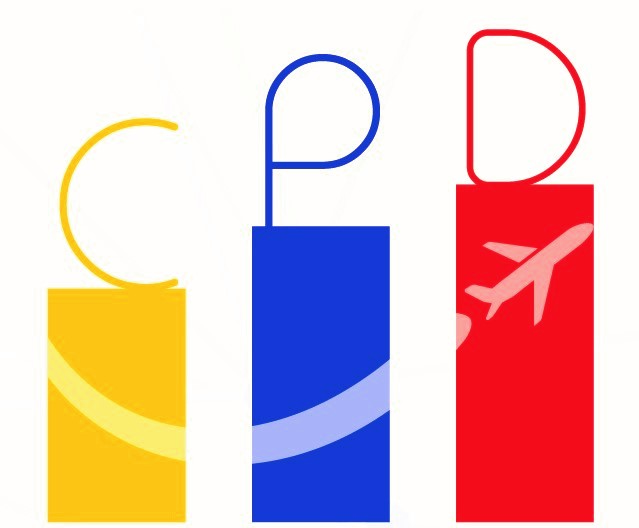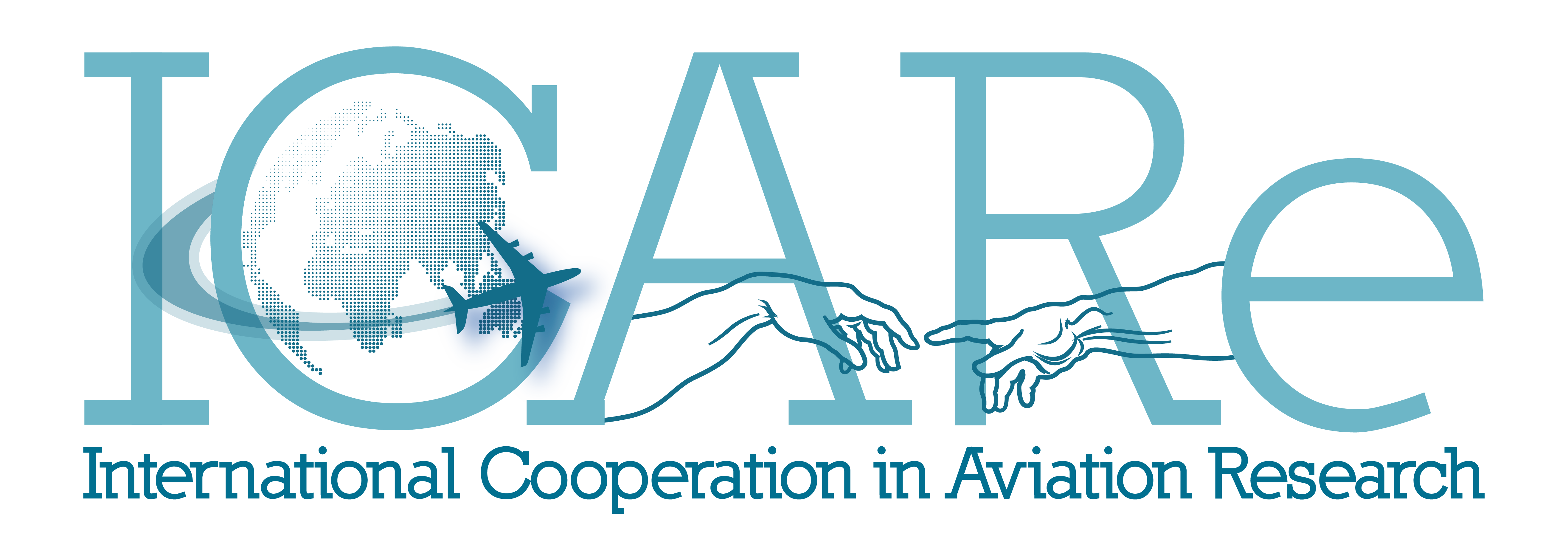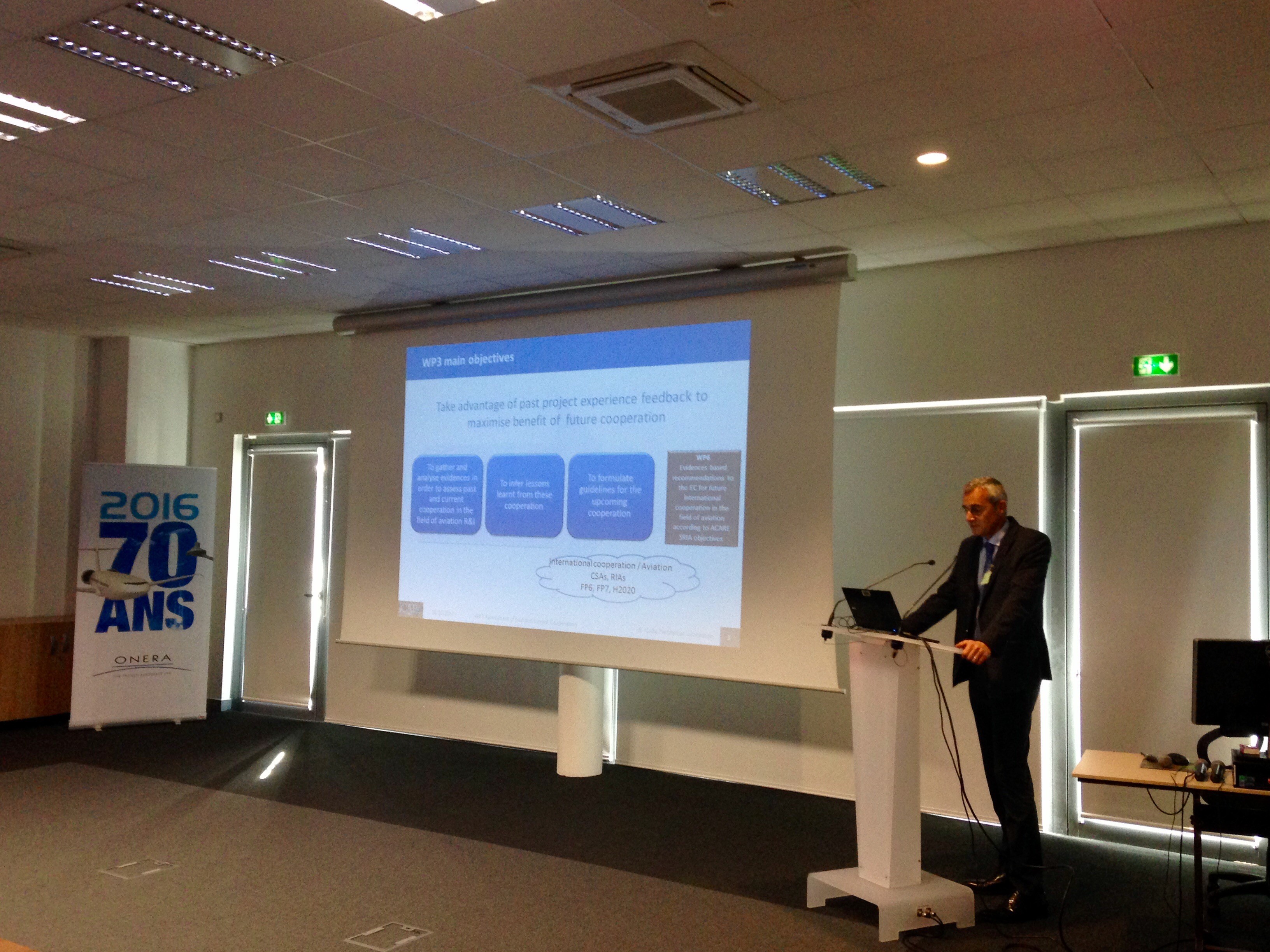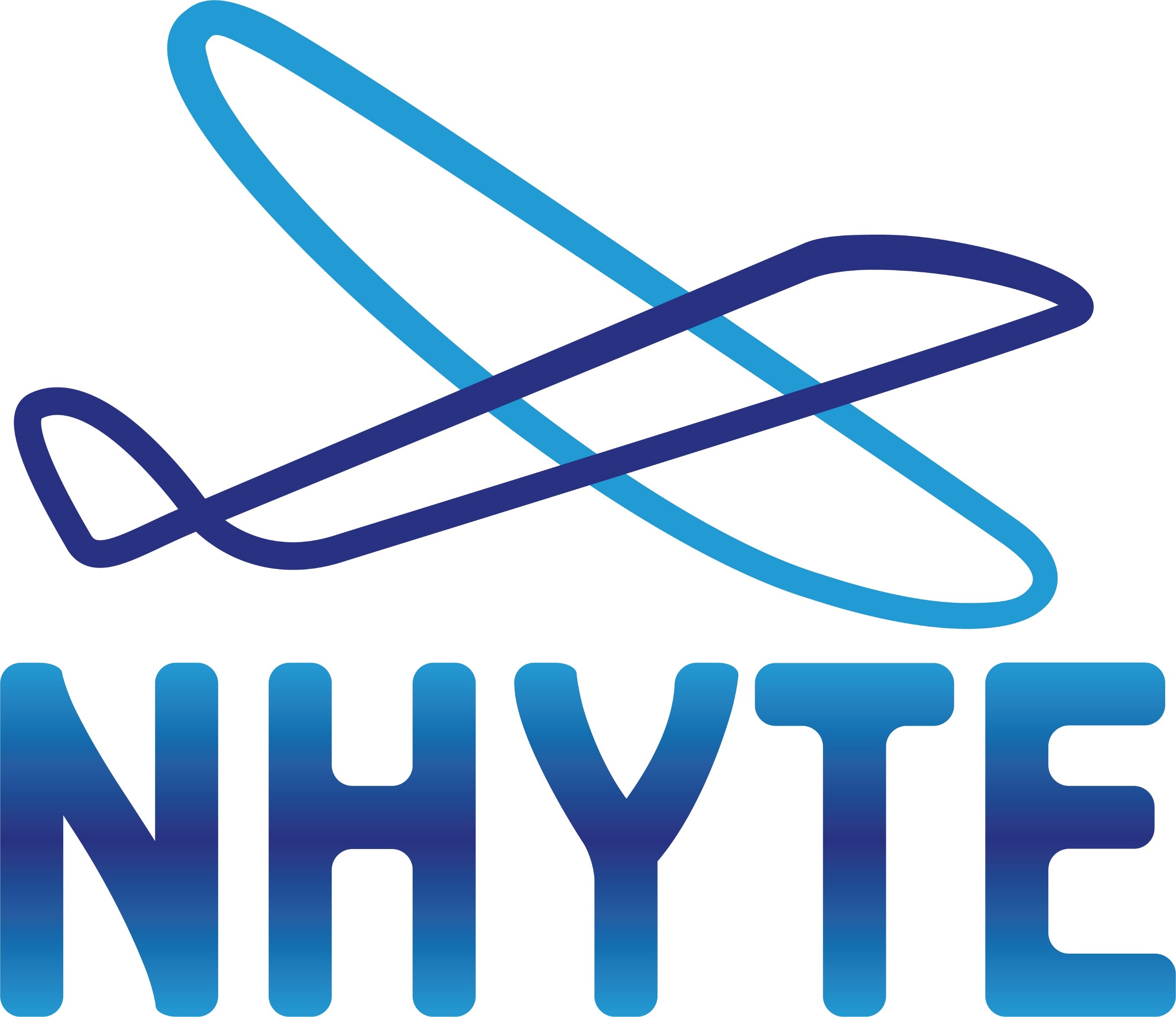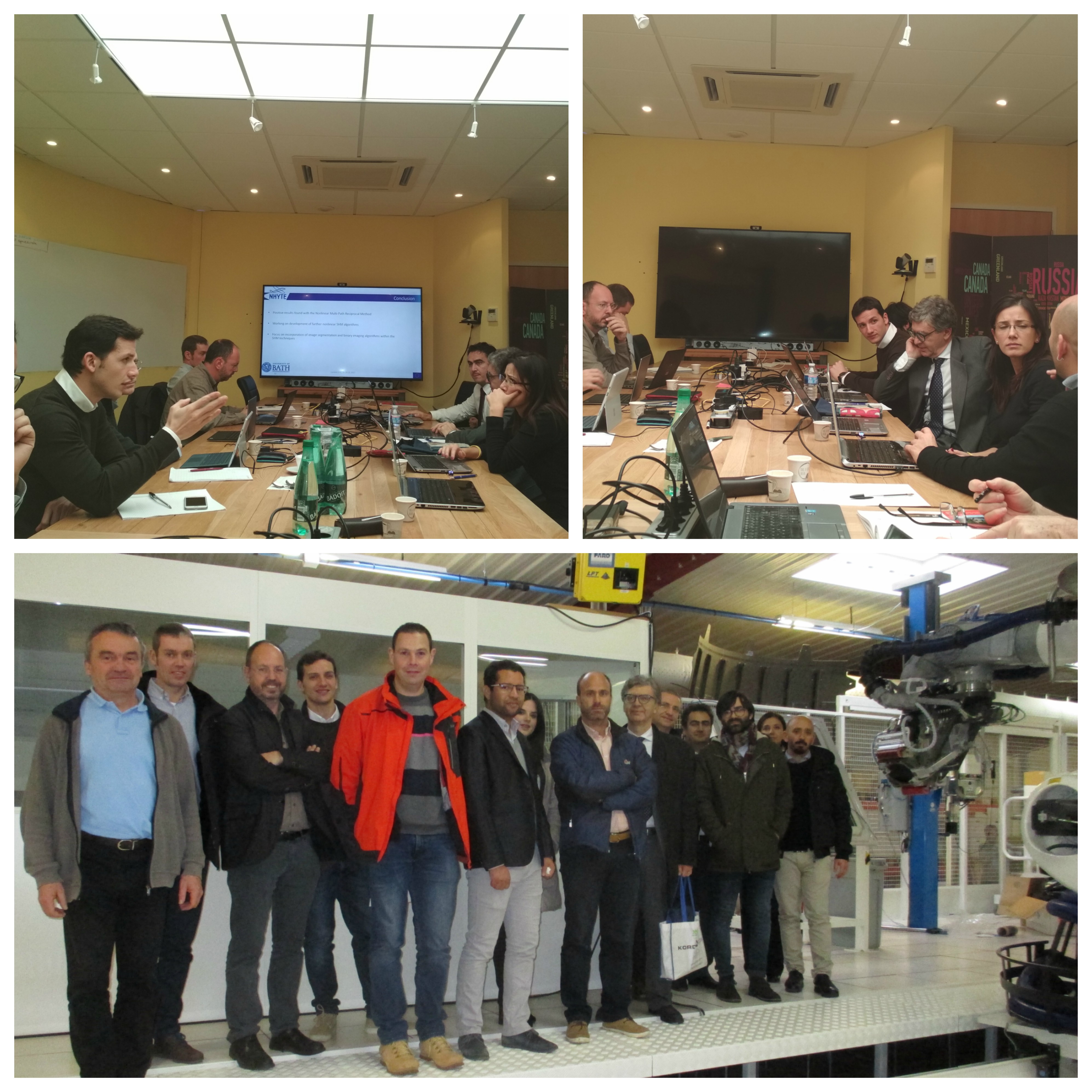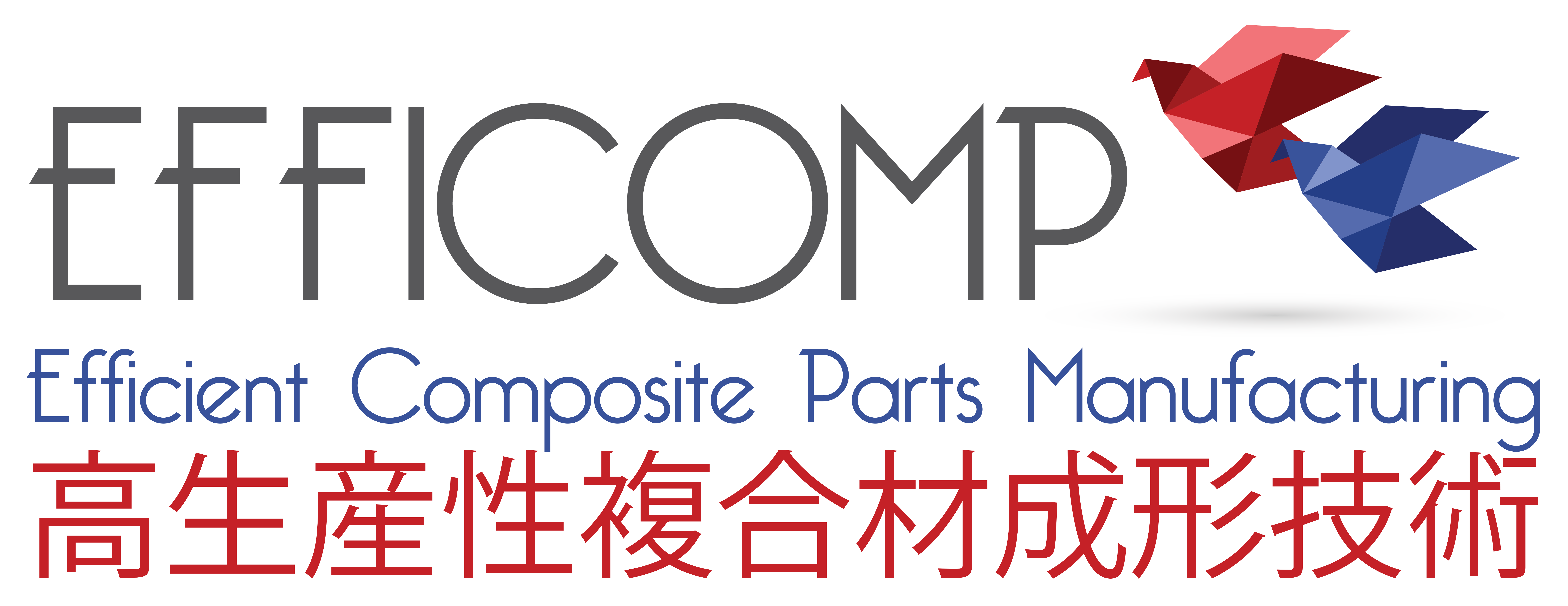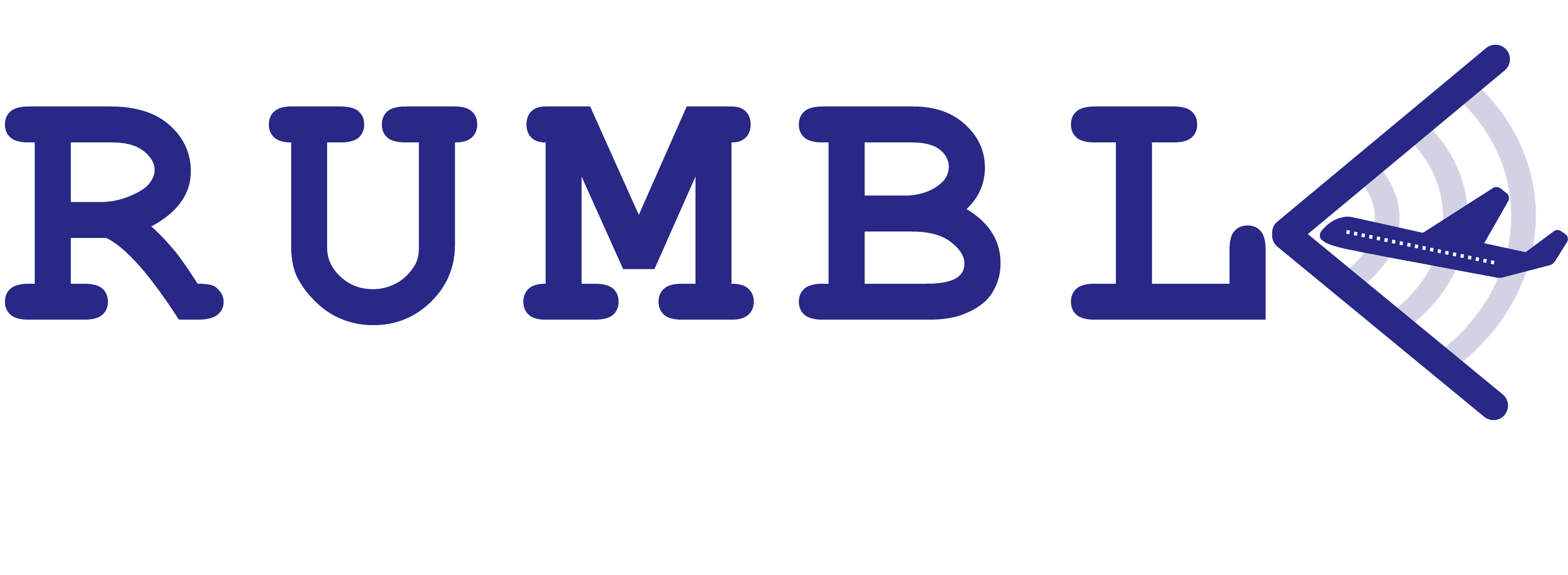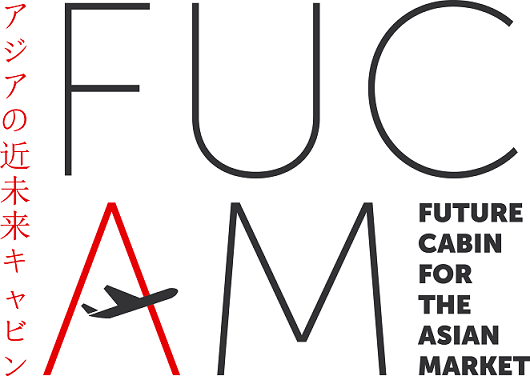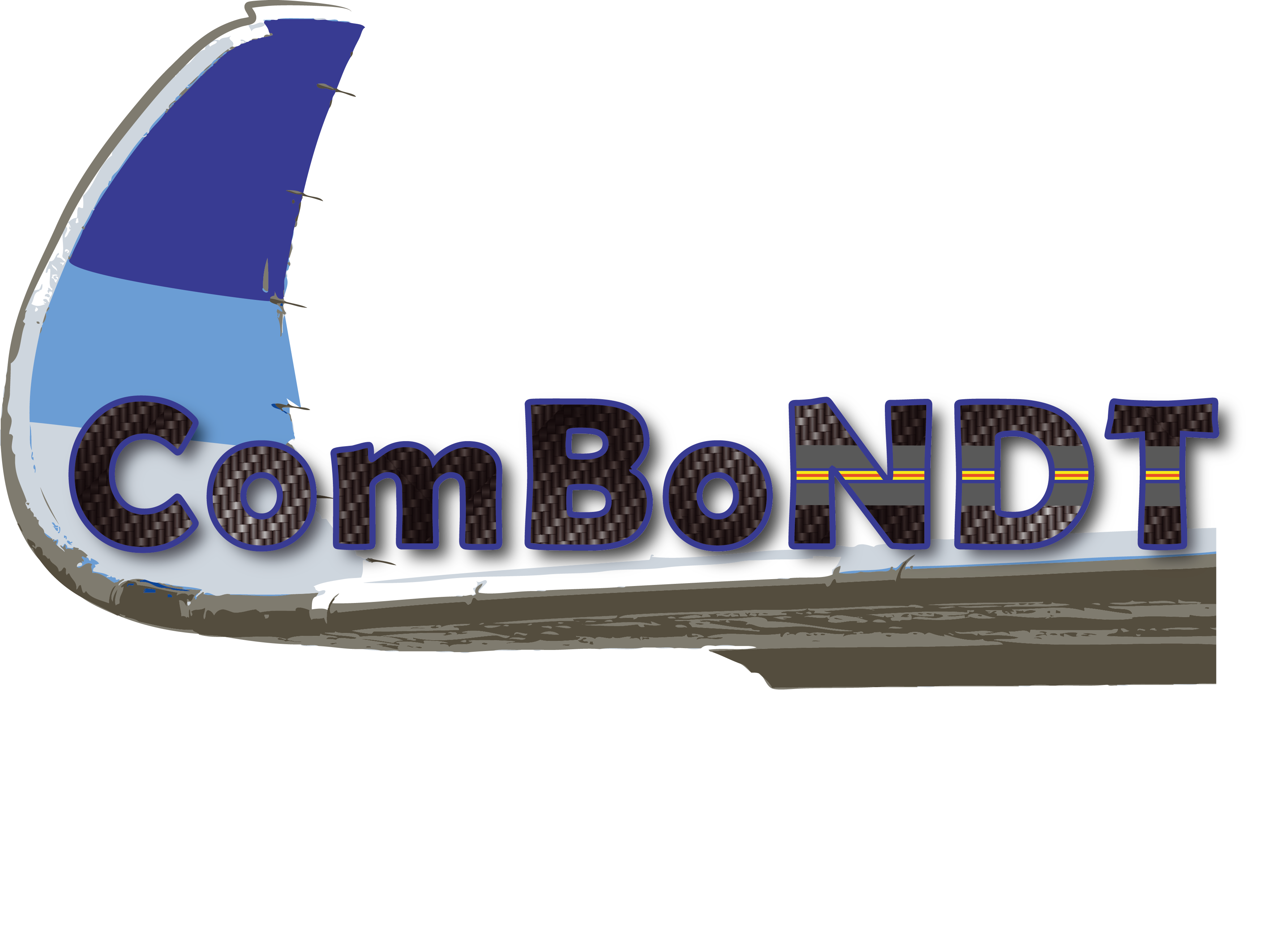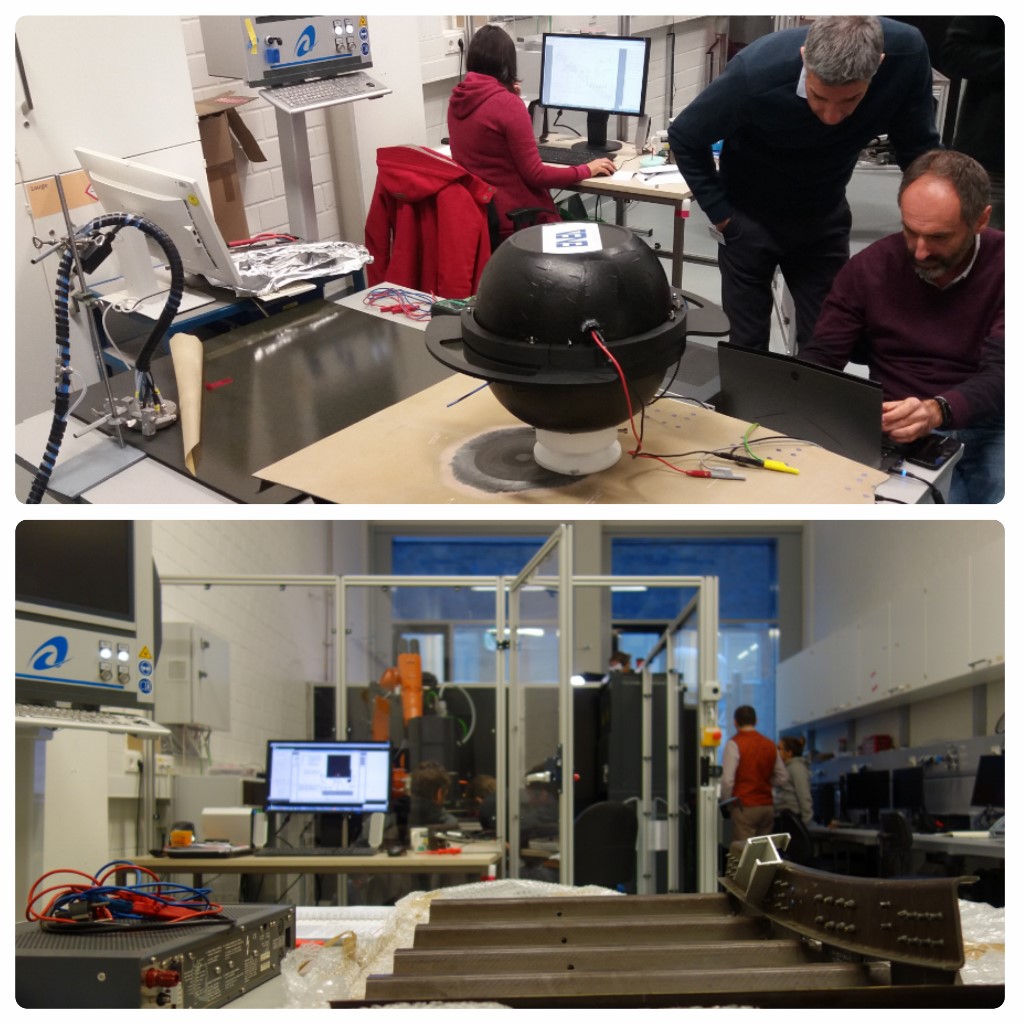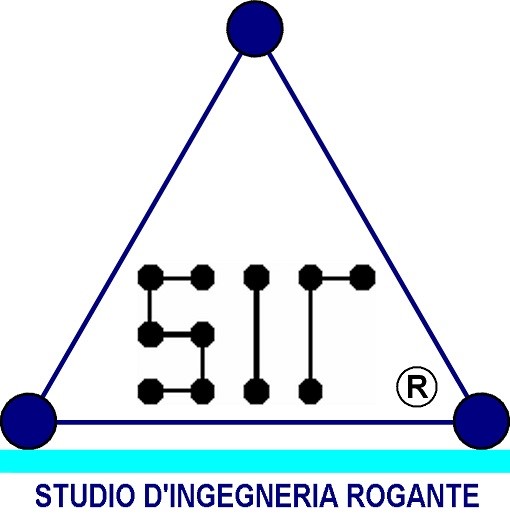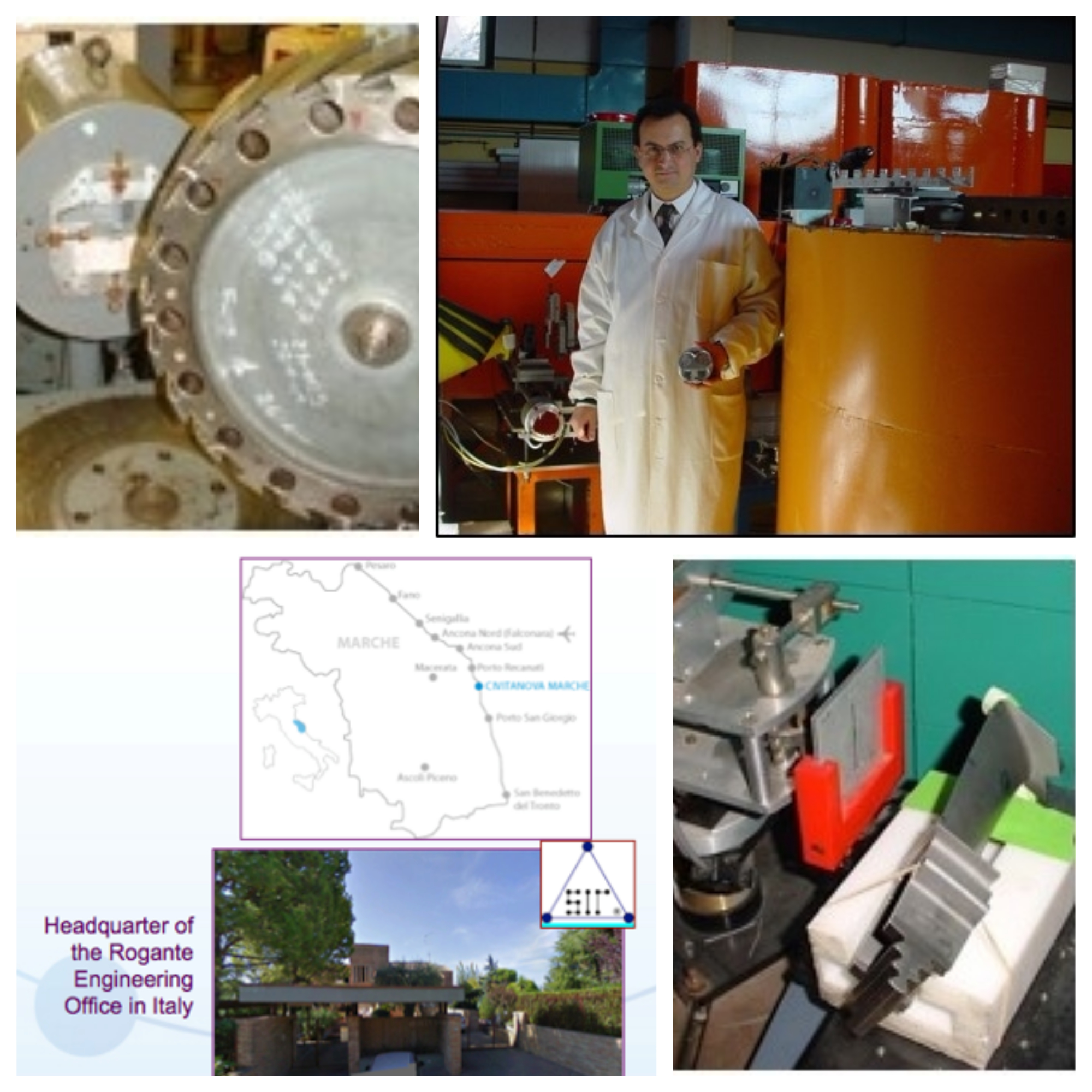The 7th EASN International Conference, was successfully held from the 26th until the 29th of September, in Warsaw, Poland. The event included 11 Κey - Νote Lectures and more than 250 technical presentations distributed in approximately 50 sessions. In this frame, more than 280 participants from 30 different countries had the chance to attend the presentations given by more than 220 speakers, representing running or recently completed research projects with new upstream ideas for future research.
More than 250 abstracts were submitted, while more than 100 full papers have been included and published in the 7th EASN Conference's proceedings and a number of selected papers will be published in international journals following peer review. The international journals in which full papers will be published are the following:
1. Aircraft Engineering & Aerospace Technology Journal
2. Frattura ed Integrita Strutturale
3. International Journal of Structural Integrity
4. Journal of Aerospace Technology
5. Journal of Intelligent Unmanned Systems
During this four days gathering, distinguished Key-Note guests updated the delegates on the future Industrial trends and the European priorities with respect to the medium and long-term goals. Specifically:
Mrs Clara de la Torre, Director for Transport, Director for Transport, DG Research & Innovation, European Commission
Dr. Marian Lubieniecki, Managing Director and Site Leader at GE Engineering Design Centre (Institute of Aviation)
Mr. Christophe Hermans, President of the Council of European Aerospace Societies (CEAS)
Mr. Bruno Sainjon, Chairman of Association of European Research Establishments in Aeronautics (EREA)
Mr. Alan Haigh, Head of Department - Horizon 2020 Energy and Transport, INEA Executive Agency
Dr. Bruno Stoufflet, Vice-President Scientific Strategic, R&D and Advanced Projects of Dassault Aviation
Dr. Fay Collier, Associate Director for Flight Strategy, Integrated Aviation Systems Program, NASA Langley Research Centre
Mr. Hannes Ross, Design Advisor and Consultant for the Swiss Project Solar Impulse
Prof. Dr.-Ing. Mirko Hornung, Executive Director Research and Technology, Bauhaus Luftfahrt e.V.
Dr. Bruce Holmes, Vice President and Executive Director of the Skytelligence Group, SmartSky Networks
Dr. Frank Anton, Executive Vice President, Siemens eAircraft.
The EASN Association, the Warsaw University of Technology (Faculty of Power & Aeronautical Engineering - Institute of Aeronautics & Applied Mechanics - Department of Aircraft Design) and the Conference Organisers would like to say a big thank you to the Institute of Aviation (ILOT) for their strong support and great hospitality, the Key Note Speakers, the Session Chairs, the Authors and Presenters, the members of the Scientific and local Organizing Committee for their valuable effort, and everyone else who has contributed to make this Conference, the largest, and most comprehensive gathering of the Association yet.
Registered EASN Members can view and download the Conference Proceedings here. The Key-Note presentations and other related material can be found here.


